How to Fix Bluetooth no Sound Calls on iPhone
Experiencing Bluetooth issues with your iPhone can be quite a puzzle, especially when it plays music seamlessly but falters during calls.
To listen to your call on your Bluetooth device again, the best thing to try is to forget the device, and pair it again on your iPhone.
If you've been grappling with the "Bluetooth works for music but no calls iPhone" issue, you're not alone. This common problem has different solutions that can restore your device's functionality in no time. In this article, we'll explore practical steps to troubleshoot and resolve this specific Bluetooth issue on your iPhone.
Understanding the Issue
Bluetooth technology in iPhones uses different profiles for handling various types of audio output. For music streaming, it utilizes the Advanced Audio Distribution Profile (A2DP), which is optimized for transferring stereo audio wirelessly. On the other hand, for phone calls, the Hands-Free Profile (HFP) or Headset Profile (HSP) is used, which are designed to carry mono audio and allow voice commands.
When your iPhone plays music but doesn't handle calls via Bluetooth, it suggests a disruption in the communication between these profiles. This can occur due to a variety of reasons: software glitches, outdated iOS versions, improper Bluetooth settings, or even issues with the Bluetooth device itself. Sometimes, it's as simple as the device not being set up correctly to handle call audio, or it could be more complex, involving the need for a network settings reset.
Understanding the underlying technology and potential causes is the first step towards diagnosing and fixing the problem. By recognizing that different Bluetooth profiles handle different functions, we can target our troubleshooting efforts more effectively.
I’ve explained the Bluetooth protocol on iPhones in this article.
Steps to Fix Bluetooth no Sound on Calls issue
1. Check Bluetooth Settings
First, ensure your Bluetooth device is configured with the correct device type. Go to your iPhone's Bluetooth settings and tap on the 'i' icon next to your Bluetooth device. Make sure both the 'Device Type' match with the reality. If you do not see the option for this device, then you are good to go.
2. Restart Your iPhone and Bluetooth Device
A classic yet effective method: turn off your iPhone and Bluetooth device, then turn them back on. This can reset the Bluetooth connection and resolve minor glitches.
3. Forget and Re-pair the Bluetooth Device
Sometimes, re-establishing the Bluetooth connection from scratch does the trick. Go to Settings > Bluetooth, tap on the 'i' icon next to the device, and choose 'Forget This Device.' Restart your iPhone and pair the device again.
4. Update Your iPhone
Running outdated iOS versions can cause various issues, including Bluetooth problems. Check for updates by going to Settings > General > Software Update. If an update is available, download and install it.
5. Reset Network Settings
Resetting network settings can solve Bluetooth issues, as it restores all network-related settings to their default values. However, remember this will erase saved Wi-Fi networks and passwords. To reset, go to Settings > General > Reset > Reset Network Settings.
(This setting seems to have disappeared with iOS 17.1)
6. Check for Interference
Other electronic devices or obstacles can interfere with Bluetooth signals. Try using your iPhone in a different location or remove potential sources of interference.
7. Contact Apple Support
If all else fails, contacting Apple Support or visiting an Apple Store can provide professional assistance.
Preventive Measures
To minimize the chances of encountering Bluetooth issues on your iPhone, especially those relating to call functionality, consider the following preventive measures:
- Regular Updates: Keep your iPhone updated with the latest iOS version. Software updates often include fixes for known bugs and glitches, including those related to Bluetooth connectivity.
- Proper Pairing Practices: When pairing a new Bluetooth device, ensure it is compatible with your iPhone. Follow the pairing instructions carefully to establish a stable connection.
- Avoid Overloading Bluetooth: Try not to connect too many devices to your iPhone at once. Overloading the Bluetooth can lead to connection instability and performance issues.
- Check for Interference: Keep your iPhone away from potential sources of signal interference, like other wireless devices, microwaves, or thick walls. Interference can disrupt Bluetooth connectivity, affecting both music streaming and call quality.
- Regular Device Maintenance: Periodically, restart your iPhone and Bluetooth devices. This can prevent many minor software glitches that may accumulate over time.
- Mind the Battery: Low battery levels on either your iPhone or Bluetooth device can impact performance. Ensure both devices are adequately charged for optimal functionality.
By following these steps, you can enjoy a seamless Bluetooth experience on your iPhone, both for listening to music and handling calls.
Conclusion
The "Bluetooth works for music but no calls iPhone" issue is frustrating, but often easily fixable. By following these steps, you can quickly resolve the problem and enjoy uninterrupted Bluetooth connectivity on your iPhone.

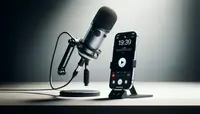
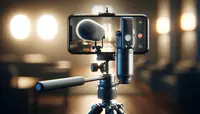
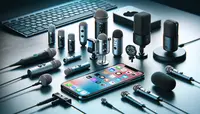



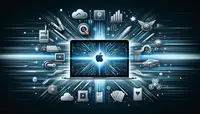
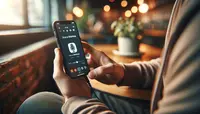

Post your comment